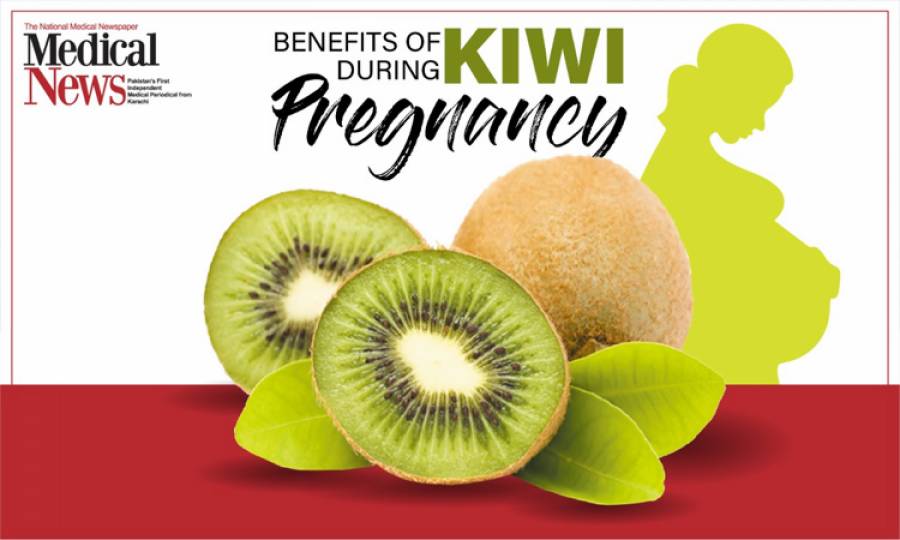Benefits of Kiwi During Pregnancy

While pregnancy is a beautiful time in one's life, it is also accompanied by a strong urge to eat. The mother not only needs to eat for herself but also for the baby. During pregnancy, it is crucial to keep in mind the kind of food the mother takes since certain foods are suitable for the development of the fetus while others are not. While moms-to-be may have different cravings, sugar cravings must always be avoided. It is recommended to choose a piece of fruit over chocolate or other sugary food to combat the cravings.
While there are many fruits one can eat during pregnancy, some are highly beneficial for both the mother and the fetus. Meanwhile, if you are wondering if pregnant women can eat kiwi? Read on to learn why you must indulge in this delicious fruit during your pregnancy.
Nutrients In Kiwi Fruit
This superfruit is packed with vital nutrients: vitamin K, vitamin C, vitamin E, potassium, folate, dietary fibre, copper, choline, magnesium, and phosphorus. It provides over 140% of the daily recommended dose of vitamin C.
Kiwi is rich in vitamin C and low in sugar and fat, which makes it ideal for consumption during pregnancy. The low-calorie fruit will also help you monitor your weight without adding extra pounds. However, you need to be aware before consuming too much of it if you are susceptible to gastritis or heritable allergy.
Listed below are some of the health benefits of kiwi.
Rich In Folic Acid
Folic acid is a critical nutrient for pregnant women. Since it plays an integral role in the cognitive development of the fetus, it helps in the development of the brain and the nervous system and prevents neural tube defects in the unborn baby. Kiwi also contains nutrients for the formation and maintenance of cells and the development of vital organs. Eating kiwi during the early stages of pregnancy can also reduce the chance of miscarriage.
Regulates Digestion
While gut problems and constipation are common during pregnancy, the former can be avoided by adding kiwi to your diet. The packed fibre component in the kiwi can keep gastrointestinal problems at bay. It is better to include kiwi rather than include probiotics and other supplements in your diet.
Helps With Iron Absorption
Vitamin C is another critical nutrient vital for the absorption of iron. Iron deficiency can lead to iron deficiency anaemia which should be avoided in pregnancy. Maintaining an adequate iron level is suitable for both the mother and the fetus since it helps in forming neurotransmitters, which are essential for good brain function.
Source Of Calcium
Kiwi is an excellent source of calcium and contains about 23.5mg. Calcium is important for the development of the baby's muscles and heart. Adding kiwi to your diet, especially if you're lactose intolerant and looking for non-dairy sources of calcium, can do wonders to regulate calcium levels in the body.
Regulates Hormones
An irregularity in hormone levels can cause havoc during pregnancy. The imbalance in hormone levels often results in depression, stress or general tiredness. A serving of kiwi can help balance hormones which can prevent mood swings.
Advertisement
Trending
Popular
Hair loss: Discovery uncovers key stem cells that could reverse ...
-
Broccoli sprout compound may help lower ...
11:31 AM, 25 Feb, 2025 -
Gas Pain vs. Heart Attack: How to tell ...
09:00 PM, 22 Feb, 2025 -
Coconut oil supplement shows promise ...
08:00 PM, 20 Feb, 2025 -
Normal vitamin B12 levels may still ...
05:00 PM, 19 Feb, 2025



